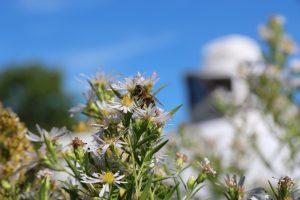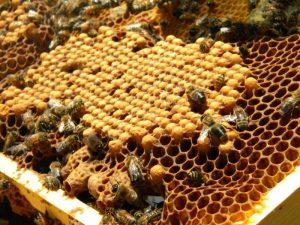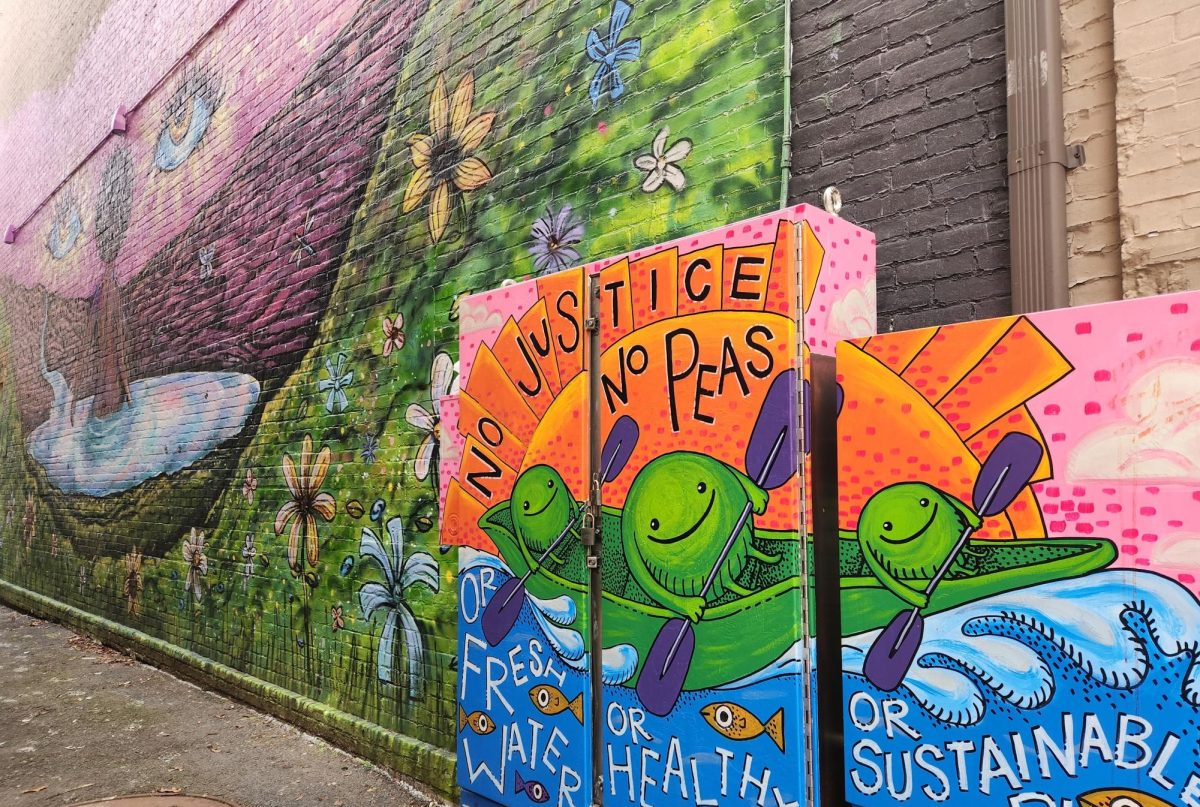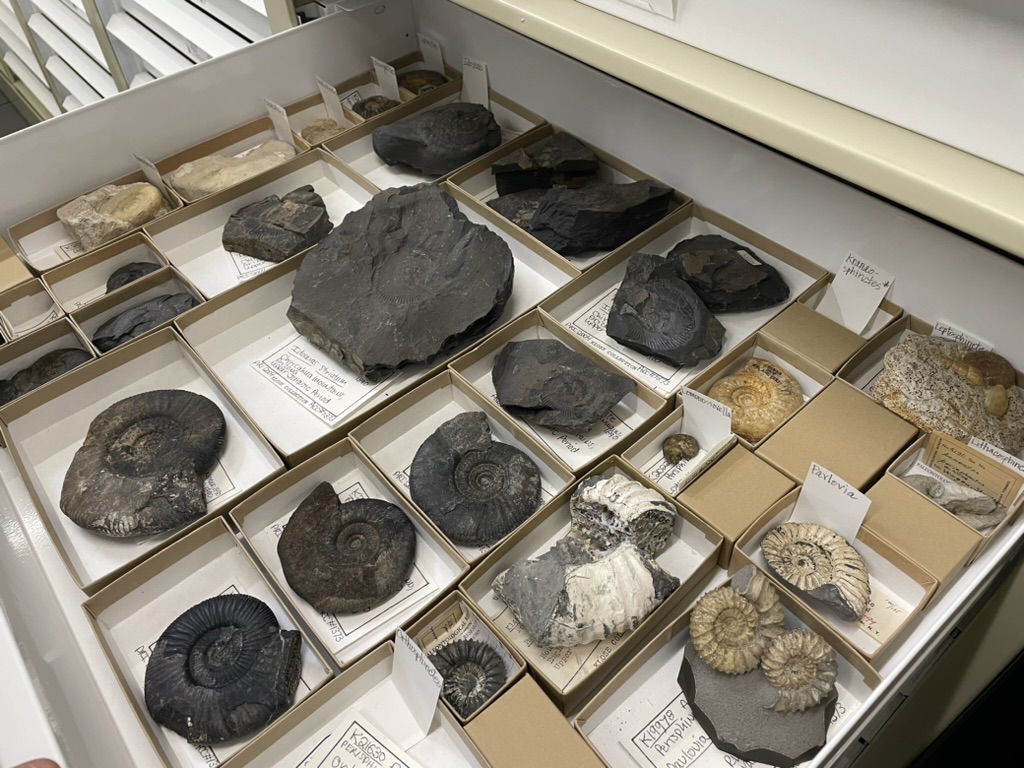The bill focuses on neonicotinoids, a class of insecticides used on farms and urban landscapes. They are shown to cause a decline in population density and reproduction rates. They also cause an increase in susceptibility to disease and parasites in bees, according to the U.S. Geological Survey.

“I just can’t keep them alive,” Moe Morissette, a beekeeper in Leeds, Maine, said.
Environment Maine and the Natural Resources Council of Maine both support the bill. Morissette said he believes the bill could help the situation but is unsure how successful it would be if other stressors like climate change, the spread of diseases, chemical exposure and parasites are not also addressed.
“I think clearly [Neonicotinoids are] a contributory factor, but I can’t tell you … what percentage [of stress] to bees it is contributing,” Bill Hiss, head of the Androscoggin County Beekeepers Club, said.
Morissette has been beekeeping for 10 years and said he has continuously struggled to keep hives alive, despite having a large network of experienced beekeepers advising him; he said those in his beekeeping community are also experiencing hive losses yearly.
According to the Maine State Beekeepers Association, there are around 2,000 beekeepers and 10,000 hives in the state. It is estimated that bees contribute about $100 to $150 million annually to Maine’s economy.
“You have to be a strong community to make it work because everyone has different knowledge,” Morissette said.
Hiss has been a hobbyist beekeeper for almost 10 years and said he believes his increasing hive mortality rate is due to the cumulation of several stressors, rather than just the neonicotinoids the bill addresses.

Photo: Bill Hiss
“I’m losing hives because they don’t make it through the winter,” Hiss said. “I’m hearing the same story from my fellow beekeepers, … but you know, for a long time, people have been keeping bees alive through the winters and now suddenly they can’t.”
Hiss lost both of his hives this year and said he has consistently been losing hives for the past five years. This year, Morissette said he lost six hives, although one year he lost 16. Both beekeepers said they are struggling the most with the varroa mite parasite. These mites reproduce rapidly and attach to the bee to feed on its fat stores, eventually killing it.
“I can tell you that if you have a hive that is a little bit weakened from any source, then the varroa mites are really a danger … They can clean out a hive in the space of a few months,” Hiss said.
There is hope for Maine’s bee population: The United States Department of Agriculture (USDA) found a 73 percent increase in colony numbers since 2018, according to its annual census.
Still, the national bee population is struggling due to stressors like climate change, pesticide use, habitat loss, parasites and diseases. The USDA reported a decline of honeybee hives alone of six million colonies in 1947 to 2.88 million in 2017.
Beekeepers are remaining hopeful and in support of the bill but are still concerned for the future of bees whether it passes or not.
“Many of us are trying hard to keep our hives going, or trying to restart with new hives as I am, after losing hives,” Hiss said. “None of us can pretend to have any definitive answers as to why we are losing hives.”
IC Week reporter Krissy Waite is reporting from her home base in Maine due to the pandemic.
Learn More:
Maine Wild Blueberry Production












